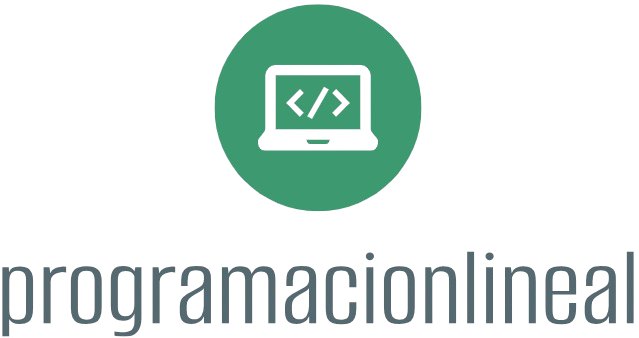Mastering front-end development in 2024 involves not only understanding the core technologies but also keeping up with the latest trends and best practices in web development. Here’s a comprehensive guide to help you on your journey to becoming a skilled front-end developer:
- Understand the Basics
HTML, CSS, and JavaScript:
– HTML (HyperText Markup Language): The backbone of web pages. Learn about semantic HTML to improve accessibility and SEO.
– CSS (Cascading Style Sheets): Focus on modern styles using Flexbox, Grid, and responsive design principles.
– JavaScript: Understand the fundamentals, including ES6 features like let/const, arrow functions, promises, async/await, and destructuring.
- Explore Front-End Frameworks and Libraries
Familiarize yourself with popular frameworks, which can significantly boost your productivity:
– React: A widely-used library for building user interfaces. Understand concepts like components, state management (using Redux or Context API), and lifecycle methods.
– Vue.js: A progressive framework that is easy to integrate into projects and provides powerful features for building UIs.
– Angular: A robust framework suitable for building large applications with a comprehensive set of tools.
- Become Proficient with CSS Preprocessors
Learn CSS preprocessors like Sass or LESS to write more maintainable and structured stylesheets. Understand how to use nested rules, variables, and mixins.
- Learn Responsive and Mobile-First Design
With more users accessing websites via mobile devices, mastering responsive design techniques is essential. Understand media queries, fluid grids, and how to design layouts that work on different screen sizes.
- Version Control with Git
Learn Git and platforms like GitHub or GitLab for version control. Understand how to commit changes, collaborate with other developers, and manage branches.
- Dive into Web Performance Optimization
Understanding performance optimization techniques is crucial for delivering fast and efficient web applications. Key concepts include:
– Minification: Reduce file sizes of CSS, JavaScript, and HTML.
– Lazy Loading: Load images and other resources only when they are needed.
– Code Splitting: Divide your code into smaller chunks to speed up loading times.
- Master Testing and Debugging
– Testing Frameworks: Familiarize yourself with testing frameworks like Jest, Mocha, or Cypress. Write unit and integration tests to ensure your application is reliable.
– Debugging Tools: Gain proficiency in using browser developer tools to inspect elements, analyze network requests, and debug JavaScript.
- Stay Updated with Development Tools
Get comfortable with tools that enhance your workflow:
– Build Tools: Learn about task runners like Gulp, or module bundlers like Webpack and Parcel to automate repetitive tasks.
– Package Managers: Use npm or Yarn to manage your dependencies effectively.
– Code Editors: Familiarize yourself with editors like VSCode, which offer extensions to improve productivity.
- Explore Progressive Web Apps (PWAs)
Understand the principles of PWAs, which leverage modern web capabilities to deliver an app-like experience. Learn about service workers, cache management, and offline support.
- Get Familiar with APIs
Learn how to consume APIs using AJAX (Asynchronous JavaScript and XML) or the Fetch API. Understand RESTful services, and consider learning GraphQL for more dynamic data queries.
- Understand Accessibility (a11y)
Web accessibility is critical for ensuring your applications can be used by everyone. Learn about semantic HTML, ARIA roles, and how to develop with accessibility standards in mind.
- Build Real Projects
Apply your knowledge by building real projects. Create personal projects, contribute to open-source, or collaborate with others. This practical experience is invaluable for reinforcing what you’ve learned.
- Join the Community
Engage with the developer community through forums, local meetups, or online platforms like Stack Overflow, Reddit, or Dev.to. Networking can provide insights, support, and opportunities for collaboration.
- Keep Learning and Improving
The web development landscape is constantly evolving. Subscribe to newsletters, follow influential developers on social media, and participate in online courses or workshops to stay current.
- Focus on Soft Skills
Effective communication, problem-solving, and teamwork are critical for a successful developer. Work on your soft skills to collaborate better with peers and stakeholders.
Conclusion
Mastering front-end development in 2024 requires a balance of technical skills, practical experience, and continuous learning. By following this guide, you can build a robust foundation and stay competitive in the dynamic field of web development. Stay curious, keep experimenting, and enjoy the process of building amazing web experiences!











